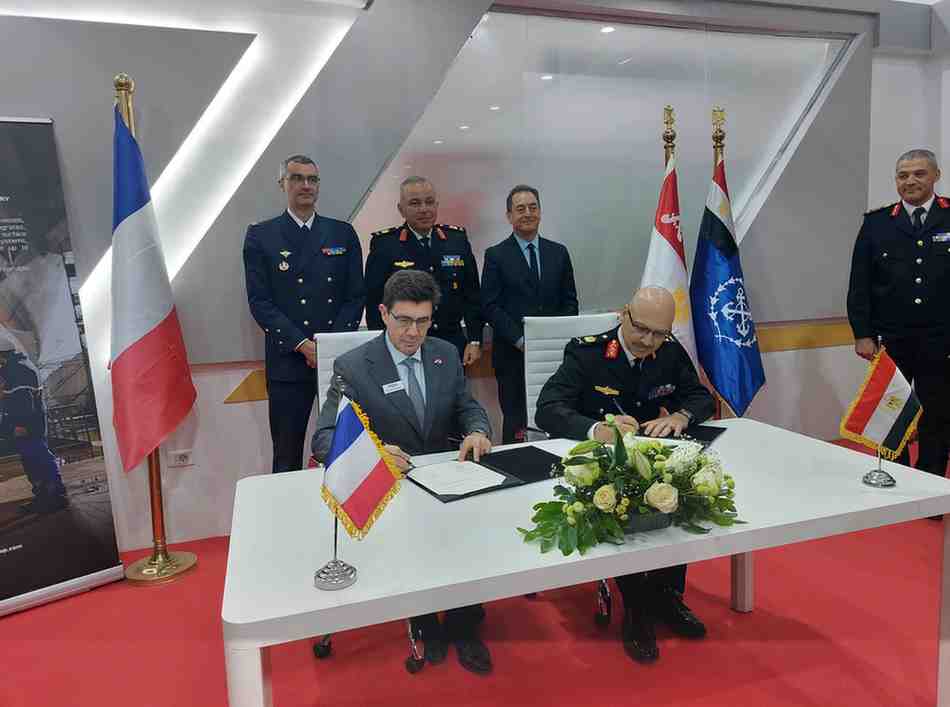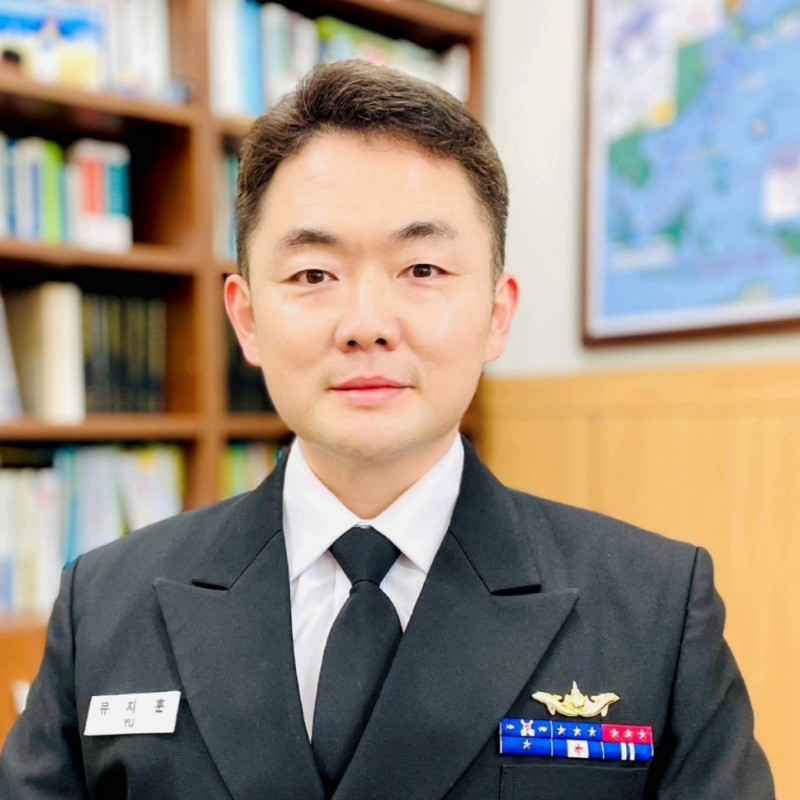In an era where global security challenges are increasingly interconnected, defense and security cooperation between nations plays a pivotal role in ensuring stability. While South Korea and Hungary may seem geographically distant and focused on different regional security concerns, their partnership in defense cooperation has gained importance in recent years. As international security dynamics evolve, driven by technological advancements, shifting alliances, and shared interests in peacekeeping and cybersecurity, the strategic value of this collaboration has become increasingly evident.
South Korea faces immediate security threats from North Korea, whose nuclear weapons program and military buildup are constant concerns. Hungary, as a NATO member, finds itself in a relatively stable region but must contend with broader European security challenges, including tensions with Russia, cyber threats, and the migration crisis. Despite these different security environments, both nations align on common global security challenges, such as cyber warfare, terrorism, and organized crime. Hungary’s NATO membership and South Korea’s strong alliance with the United States create an opportunity for both countries to engage in broader international security cooperation.
Economic and technological factors also drive the growing defense cooperation between the two countries. South Korea, a global leader in high-tech defense systems and cyber capabilities, sees its defense industry as a key economic component. Hungary, seeking to modernize its military under its Zrínyi 2026 defense plan, is keen to access advanced military technologies from South Korea, including armored vehicles, drones, and surveillance systems. This creates mutual interests in technology transfer and joint research, particularly in cybersecurity and artificial intelligence, areas of growing importance as cyber threats target critical infrastructure globally.
Defense cooperation also offers strategic benefits by strengthening bilateral ties and enhancing global alliances. Hungary’s NATO membership provides South Korea a platform to engage more deeply with European defense structures, facilitating coordination between NATO and South Korea in areas like peacekeeping and crisis management. At the same time, South Korea’s growing influence in the Indo-Pacific allows Hungary to engage more meaningfully with Asian security issues, such as maritime security and cybersecurity. Joint military training, intelligence sharing, and collaboration on peacekeeping missions also offer both nations opportunities to contribute to a more resilient global security architecture.
As Hungary modernizes its military, cooperation with South Korea presents an opportunity to access advanced military hardware and improve its defense infrastructure. South Korea’s expertise in developing state-of-the-art military systems, such as fighter jets and armored vehicles, aligns with Hungary’s modernization efforts. Cybersecurity, another critical area, is a key focus for both nations as cyberattacks on government institutions and military networks become more sophisticated. Joint efforts in cyber defense can protect both countries from these growing threats.
For South Korea, cooperation with Hungary represents a strategic effort to diversify its international security partnerships beyond its traditional alliance with the U.S. Hungary’s cooperation with South Korea helps it strengthen ties with non-European allies, balancing its reliance on NATO while expanding its presence in the Indo-Pacific. By collaborating in defense, Hungary and South Korea both gain access to new markets, strengthen diplomatic ties, and enhance their global military influence.
However, this partnership is not without challenges. Hungary’s close ties with Russia, especially in the energy sector, may complicate deeper military cooperation, particularly as South Korea aligns itself with U.S.-led security efforts in Asia. Additionally, Hungary’s primary security concerns in Europe differ from South Korea’s focus on the North Korean threat, which could lead to differing priorities in their defense partnership. Despite these challenges, both countries remain committed to expanding their defense relationship, finding common ground in areas like cyber defense, peacekeeping, and technological innovation.
Beyond their bilateral relationship, the defense partnership between South Korea and Hungary could serve as a foundation for broader multilateral cooperation. Hungary’s NATO membership and its role within the European Union can facilitate greater engagement between South Korea and European defense structures. Similarly, South Korea’s growing influence in the Indo-Pacific allows Hungary to contribute to regional security initiatives in Asia. Multilateral frameworks, such as the EU’s Permanent Structured Cooperation (PESCO) and the Indo-Pacific Quad, could provide further platforms for collaboration on security issues like maritime defense, counterterrorism, and cybersecurity.
Defense and security cooperation between South Korea and Hungary, while relatively new and developing, holds significant strategic value. By enhancing their military capabilities and sharing technological innovations, both nations can strengthen their national defense while contributing to regional and global security. Navigating the geopolitical realities and differing security priorities may present challenges, but the potential for deeper cooperation is strong. As global security challenges continue to evolve, South Korea and Hungary’s partnership in defense could serve as a model for other countries seeking to bridge regional divides and address shared threats in an increasingly multipolar world.

Jihoon Yu
Jihoon Yu is the director of external cooperation and associate research fellow at the Korea Institute for Defense Analyses. Jihoon was the member of Task Force for South Korea’s light aircraft carrier project and Jangbogo-III submarine project. He is the main author of the ROK Navy’s Navy Vision 2045. His area of expertise includes the ROK-U.S. alliance, the ROK-Europe security cooperation, inter-Korean relations, national security, maritime security, hybrid-threats, and strategic weapons systems. He earned his MA in National Security Affairs from the U.S. Naval Postgraduate School and Ph.D. in Political Science from Syracuse University.
- Jihoon Yu#molongui-disabled-link
- Jihoon Yu#molongui-disabled-link
- Jihoon Yu#molongui-disabled-link
- Jihoon Yu#molongui-disabled-link













